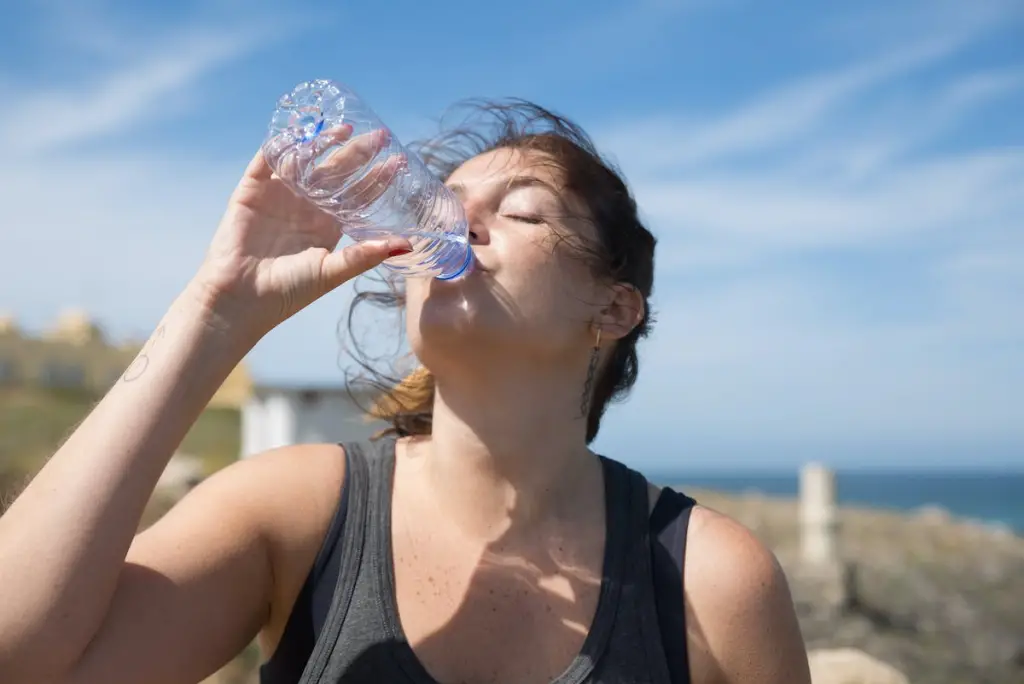
Many of us may have heard of the word “distillation” when we decide whether to order tap or distilled water at the restaurant or talk about the distillery that makes our favorite hard liquor. These are just a few examples of distillation and it’s used in everyday life.
Evidence points that distillation has been used by the Babylonians since 1200 BCE in their perfumery operations. In the centuries since then, from China to the Indian subcontinent to Egypt to the Middle East, many civilizations have been using distillation to make higher purity beverages and essential oils, as well as for the study of alchemy.
Nowadays, since the Industrial Revolution and the Modern era, distillation still gives us many of these products and more, but to such a scale that makes it difficult to imagine modern life without them.
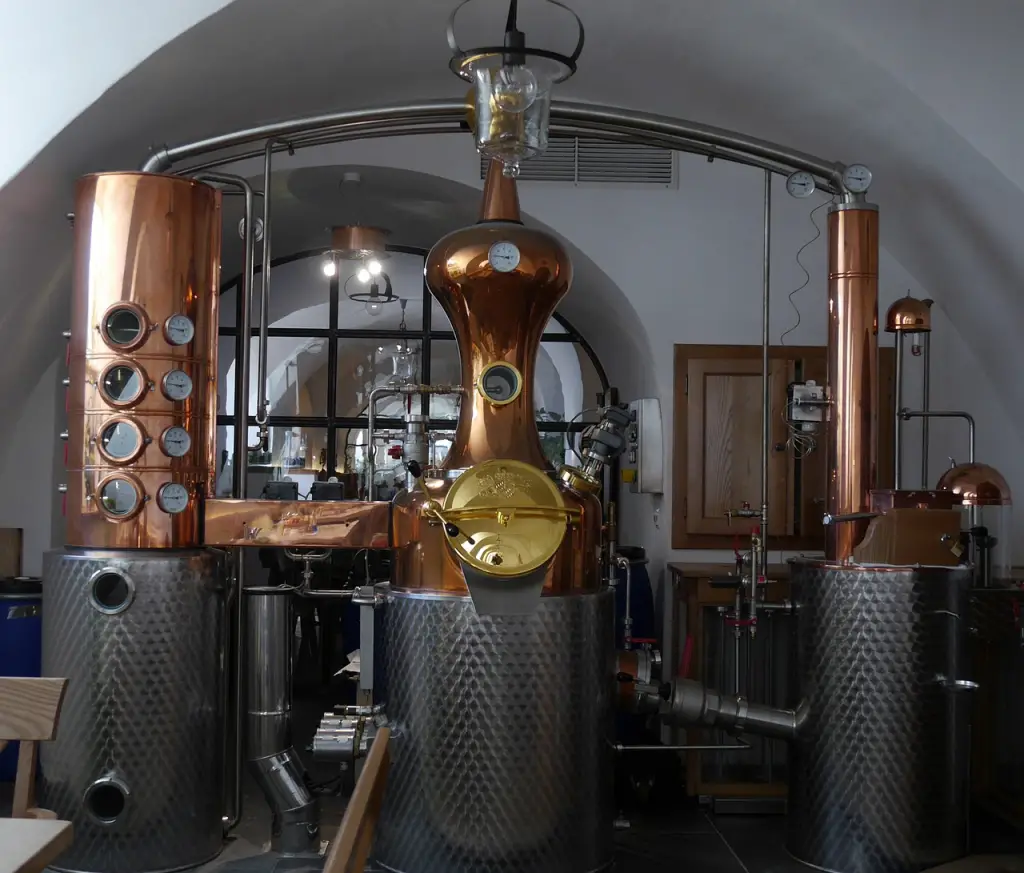
Distillation is a separation process based on differences in boiling temperatures or relative volatility of liquid-liquid solutions.
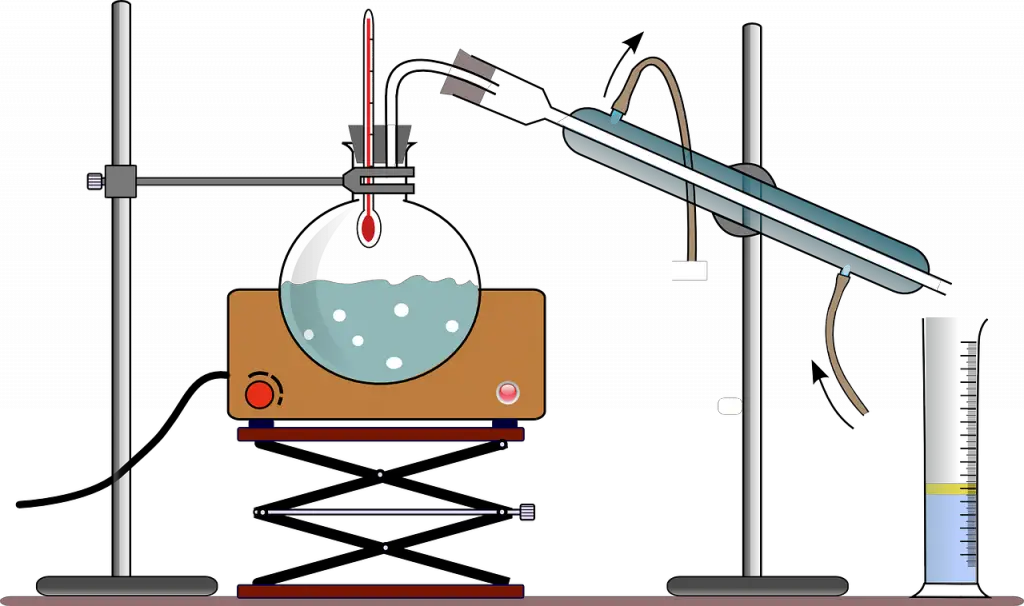
In a simple distillation set-up, the starting feed mixture has one more volatile component than the other. Due to large differences in boiling points (at least 100॰C), it is easier to separate the vapor rich with the more volatile component from the liquid rich with the less volatile component. This is the principle by which ancient civilizations created alcohol from wine.
With more complex mixtures with volatile components to be separated, the more complex the type of distillation is required. This depends on what kind of added complexity is present, whether it is multiple volatile components, or different components having very similar boiling point properties, or other additional complications. In cases like these, there will be distillation column internals that’ll separate the different components at varying levels in the column, or through optimizing process parameters.
The applications of distillation in our everyday lives vary from the beverages we drink, to how we get from one place to another. Here are only a few of the many ways distillation enriches our modern daily lives.
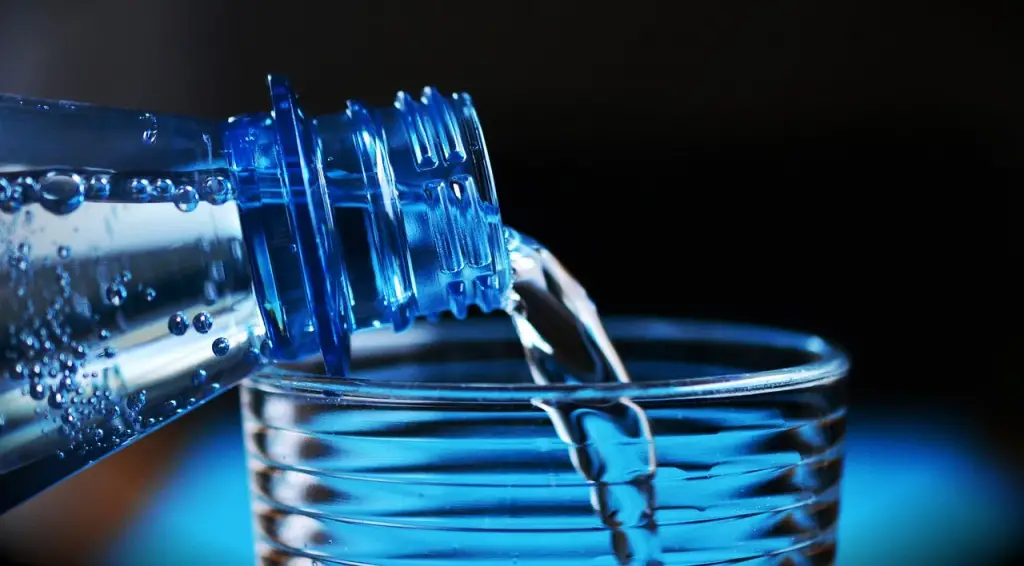
“Distilled” water is steam from less pure water that was boiled, and then subsequently condensed and packaged. This process purifies water by separating it from contaminants (chemicals and potential pathogens), making this water potable.
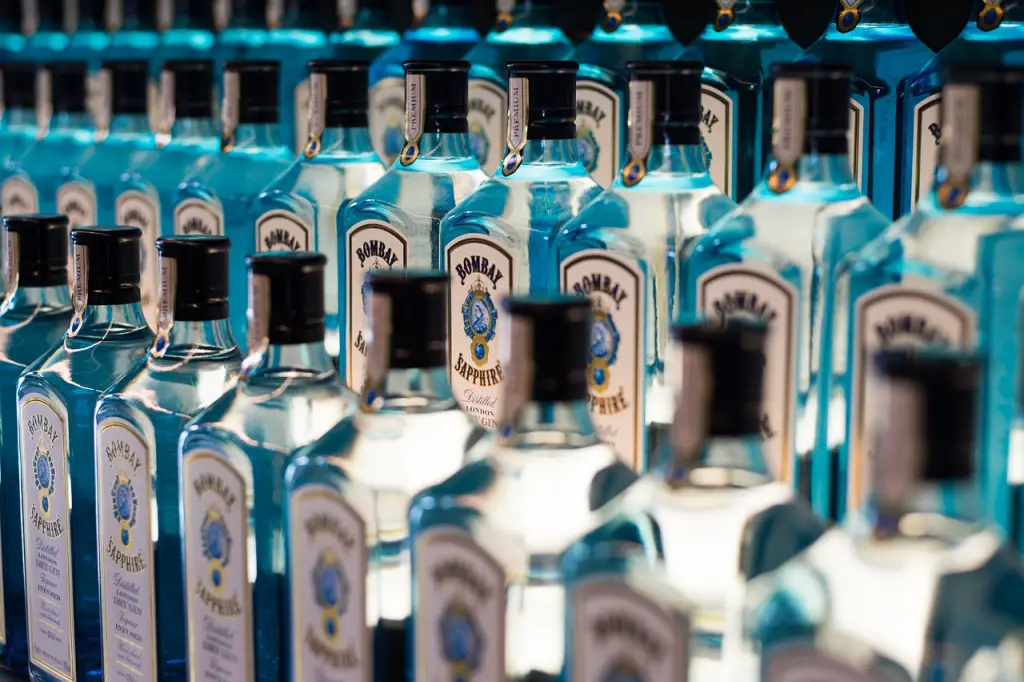
Liquors or spirits are higher purity alcohols that are produced from the distillation of other alcoholic beverages that were products of fermentation such as wines and beers. There are many different kinds and flavors of liquors that can be drunk straight up or mixed to form your favorite cocktail.
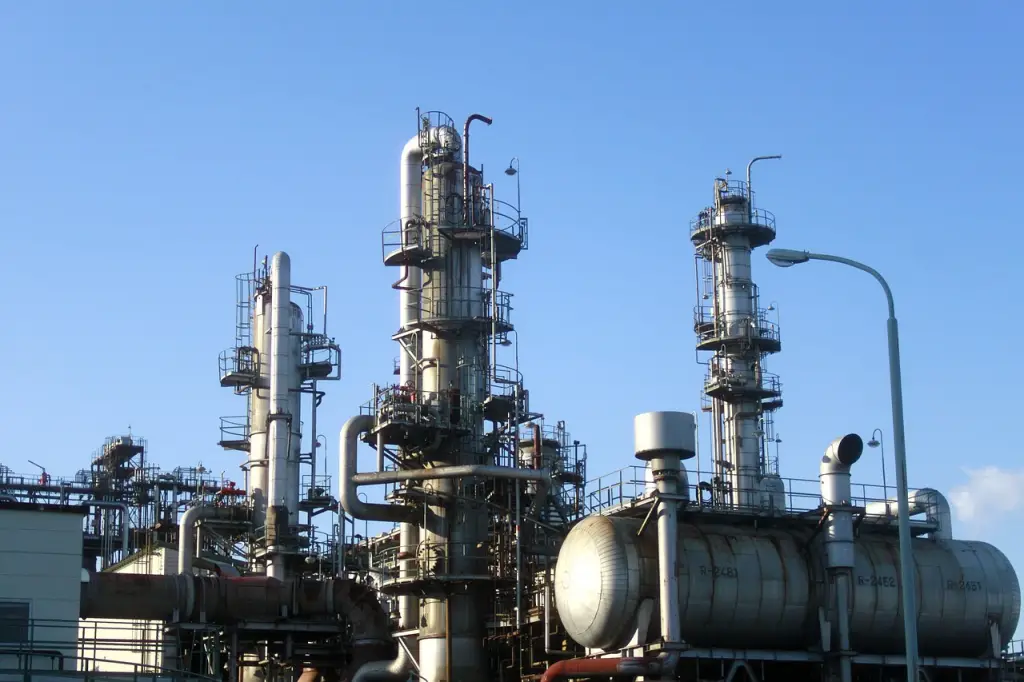
This is one of the more complex industrial applications of distillation (specifically fractional distillation), in which crude oil is separated into different components that each have their own specific uses and functions in our lives. This produces the LPG we use to cook, the aviation fuel we use to fly and travel, and the gasoline and diesel we use that power the cars and buses we take everyday to go to school or to work.

The earliest records of distillation in history are for the production of perfumes, and to this day distillation is still used in the pharmaceuticals and cosmetics industry to isolate what we call “active ingredients” which are the key ingredients highlighted in your favorite consumer products that can be then bought off the shelves.
Distillation is one of the cornerstone separation methods from which applications have enriched man’s everyday life. From ancient times up until the modern day, we have used the products of distillation to make everyday life easier, worth living, and at times helped propel us to the future.
The most common purpose of simple distillation is its application in the food and beverage industry, particularly in the production of high-purity drinking water from water sources like groundwater, surface water, and seawater.
Distilled water is safe for drinking. However, keep in mind that the distillation process does not only remove pathogens and other harmful substances, but also minerals that the body needs. Just make sure you get these essential minerals from other parts of your daily nutrition.
Some of the products produced through distillation are distilled water, distilled liquor/spirits, perfumes and essential oils, and engine fuels like kerosene, gasoline, and diesel.